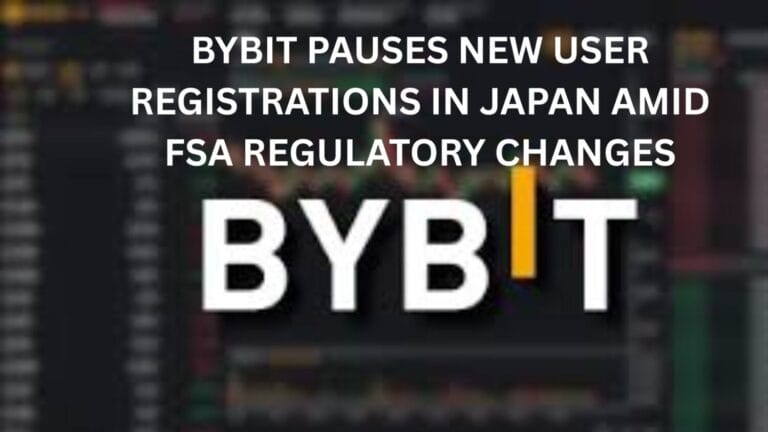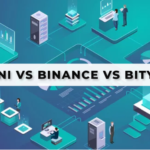Key Takeaways
- Yuga’s business model, as per the ruling, leaned on marketing the NFTs as digital collectibles with exclusive community perks — not as vehicles for financial return.
- The judge found no evidence that Yuga Labs made direct assurances of profit to potential buyers.
In a major development, a federal court has delivered a major win for Yuga Labs, the creators of the Bored Ape Yacht Club (BAYC), dismissing a high-profile lawsuit that alleged the company sold unregistered securities in the form of NFTs and crypto tokens.
Judge Fernando M. Olguin found that the digital assets at the heart of the case — including Bored Ape NFTs and the ApeCoin token — do not qualify as securities under U.S. law. The ruling ends a legal battle that began in 2022, when a group of investors accused Yuga Labs of promoting its assets as profit-generating investments.
Central to the court’s decision was the failure of the plaintiffs to meet the requirements of the Howey Test that determines if a transaction qualifies as an “investment contract,” and thus a security, under U.S. federal law. The judge concluded that Yuga’s NFTs and tokens did not meet the criteria, particularly lacking a “common enterprise” or an enforceable expectation of profit reliant on the company’s efforts.
The court further underscored that the company’s minting process for BAYC NFTs required only a one-time fee and did not involve a revenue-sharing model or sustained financial connection between buyers and Yuga Labs. Moreover, any value generated in secondary markets was independent of the company’s direct control, weakening the claim of investor dependence, the court pointed out.
Yuga’s business model, as per the ruling, leaned on marketing the NFTs as digital collectibles with exclusive community perks — not as vehicles for financial return. The court rejected the idea that offering future membership benefits was equivalent to selling a speculative asset.
Importantly, the judge found no evidence that Yuga Labs made direct assurances of profit to potential buyers. While statements about trading volumes and NFT value may have been used in promotional material, they did not rise to the level of a profit guarantee or an investment inducement under securities law, the court noted.
Judge Olguin also addressed the issue of creator royalties, which Yuga collects on resale of its NFTs. He pointed out that the existence of these royalties actually supports the argument that buyers’ profits were not linked to the company’s fortunes.










